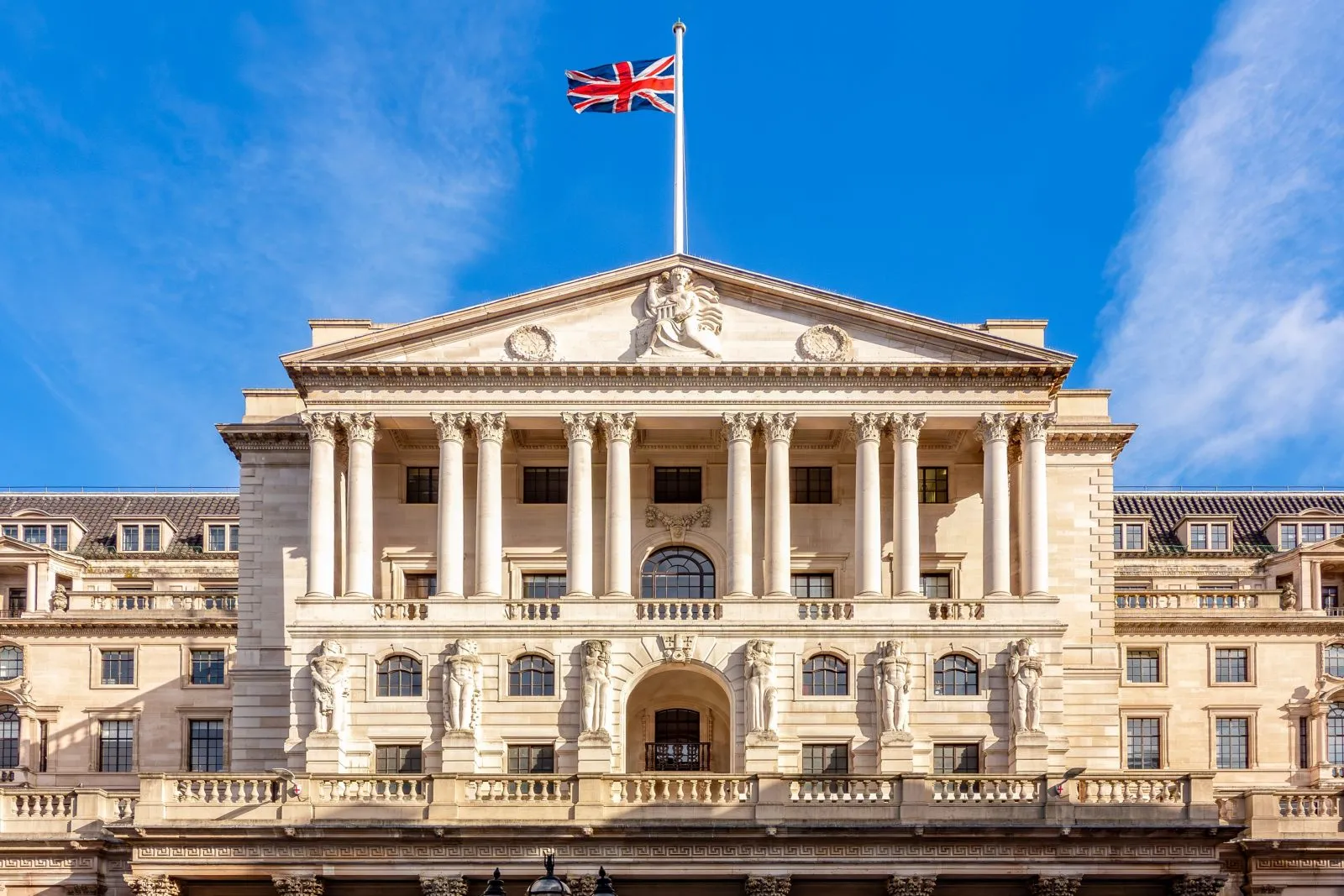Bank of England Leads UK Payments Overhaul Initiative

Bank of England Takes Control of UK Payments Overhaul
In an unprecedented move to modernize the UK's retail payments infrastructure, the Bank of England (BoE) has taken over the reins from Pay.UK. This shift comes after years of stalled progress under the New Payments Architecture programme, a project which failed to gain traction despite initial ambitions. In his Mansion House address, BoE Governor Andrew Bailey emphasized the urgent need for innovation within the payments system, marking this as a national priority for the UK.
The Urgent Need for Change
Governor Bailey's call for a next-generation retail payments system reflects a growing consensus that the current infrastructure is outdated. Originally spearheaded by Pay.UK, the New Payments Architecture aimed to revolutionize the sector but struggled to make headway. The tipping point came when the project, despite securing a contract with Tata Consultancy Services, failed to materialize, necessitating a handover to the central bank.
BoE's New Role and Strategic Direction
With the BoE now at the helm, the Retail Payments Infrastructure Board has been established to guide the strategic direction of this overhaul. Collaborating with the Treasury and the Financial Conduct Authority, the BoE is tasked with developing a comprehensive plan to replace the existing Faster Payments System. Launched in 2008, Faster Payments was once a leader in global retail payment technology but has since lagged behind in the face of real-time, cross-platform demand.
The proposed overhaul aims not only to update ageing systems but also to underpin future economic growth. It represents an opportunity to challenge the dominance of Visa and Mastercard, particularly as transaction costs rise and concerns grow over domestic sovereignty in payments infrastructure.
Addressing Industry Challenges
The intervention by the BoE has been largely welcomed by industry stakeholders. John Howells, CEO of Link, expressed optimism that this move could "unlock a decade of slow progress in UK payments" and spur innovation. Similarly, Kanv Pandit, head of International Banking & Payments at FIS, highlighted the critical nature of this moment for regulators, banks, fintechs, and infrastructure providers to collaborate effectively.
The BoE is expected to initiate a fresh procurement process, with suggestions that a consortium model, possibly bank-owned, could be revived to replace Vocalink's current role. Vocalink, owned by Mastercard, recently came under scrutiny when it was fined £11.9 million by the BoE for risk management and governance failures, further underscoring the need for a revamped system.
A New Era for UK Payments
As geopolitical tensions and digital transformation reshape the global financial landscape, the BoE's leadership in this overhaul could prove pivotal. The central bank's involvement is seen as a necessary step to ensure the UK's retail payments system remains competitive, resilient, and future-ready.
In conclusion, the Bank of England's decision to spearhead the modernization of the UK's retail payments infrastructure marks a significant turning point. By addressing the limitations of the current system and fostering a collaborative approach among key stakeholders, the BoE aims to create a robust framework capable of supporting the UK's economic growth and sovereignty in the payments sector. This overhaul not only promises to rectify past shortcomings but also positions the UK as a leader in innovative payment solutions for the future.

